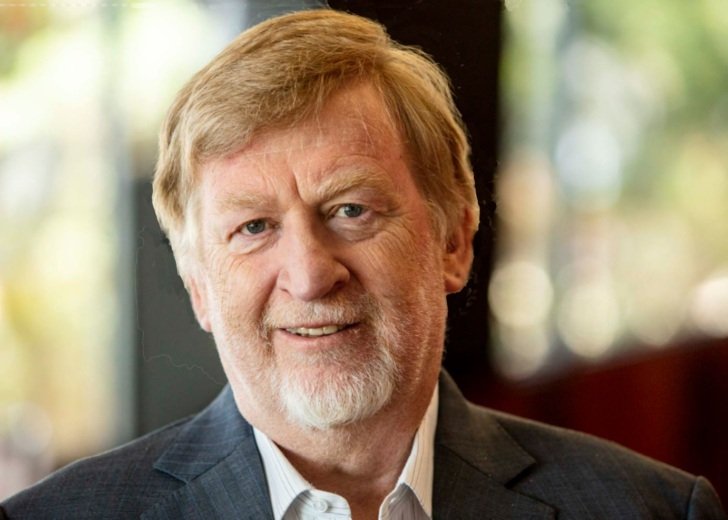Two and a half million Australians will have a seizure at some point in their lives. Epilepsy is not just about seizures; it is associated with increased injury risk, cognitive deficits, and mental ill health, as well as reduced independence and quality of life, stigma and difficulty attaining work and study.
Epilepsy is responsible for over 300 Australian deaths each year of which two-thirds are preventable with optimal care. As Chief Investigator of the Australian Epilepsy Project (AEP) and world-leading neurologist and epilepsy researcher, Professor Graeme Jackson explains, access to expert care is limited and current treatment plagued with uncertainty.
The clinical care journey in epilepsy for patients has, until now, lacked answers to the most basic questions, such as will this person have further seizures? What is the best medication? Could brain surgery be effective?
He continued, “We know that the effects of epilepsy on an individual’s productivity and total years of life lost are staggering and worsened by this gap in clinical knowledge. The Australian Epilepsy Project is working to change this.”
The AEP brings together a consortium of world-leading experts in neuroimaging, genetics, neuropsychology, and artificial intelligence from the Florey Institute of Neuroscience and Mental Health, University of Melbourne, Austin Health, Monash University, The Alfred, and Auckland University of Technology. The team also works closely with key ecosystem partners including Epilepsy Foundation Australia and Seer Medical.

In early 2021, the AEP was awarded $30 million from the Australian Government’s Medical Research Future Fund; the single largest Government investment made to epilepsy research in Australia.
The AEP fosters industry, research and advocacy relationships, and ensures that people with lived experience of epilepsy are engaged with all aspects of the project.
The AEP has established a new model of care through a platform model approach. Over the course of five years, the program will integrate cutting-edge imaging, cognition and genetics data to deliver a comprehensive and precise report into the hands of clinicians. Enhanced with integration of artificial intelligence and machine learning, the AEP report tool aims to provide clinicians with greater predictive capability to treat each individual with answers to those once elusive questions.
People with lived experience of epilepsy are also integral to the AEP’s success. Around 4,000 Australians will be involved in the pilot stages of the project.
The AEP report will be delivered to clinicians through five Community Hubs in three states around Australia. The first AEP Hub officially opened at the Austin Hospital in Melbourne in March 2022, with a second hub launching at the Alfred Hospital in Melbourne in late 2022.
For more information on the Australian Epilepsy Project, including how neurologists can refer their patients, please visit epilepsyproject.org.au
